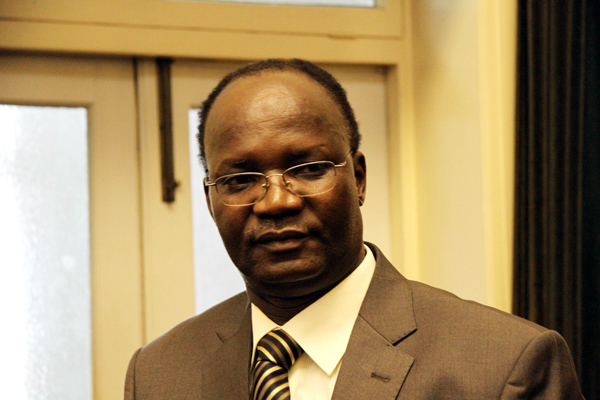
ZIMBABWE National Students’ Union (Zinasu) has vowed to resist any tuition and accommodation increases at tertiary institutions, following the signing of an agreement between government and a commercial bank to raise a $2 billion infrastructure bond.
BY PAIDAMOYO MZULU
The infrastructure bond signed between the Higher and Tertiary Education ministry and CBZ Bank is expected to fund the building of student and staff accommodation, lecture halls and laboratories at tertiary institutions of learning, and in return CBZ will receive 1,5% of all funds raised as commission amounting to $30 million if it raises the full amount.
Zinasu secretary-general, Makomborero Haruzivishe said students were worried by privatisation of education funding. “We are deeply concerned by the ministry’s move to resort to private financial deals and a partnership in addressing issues to do with student’s welfare,” Haruzivishe said.
“Zinasu is going to resist any fees increments that will pop-up as a direct or indirect consequence of these so-called bonds.”
CBZ chief executive, Never Nyemudzo said they were not aware of how long the bonds would be held or their yield until they talk with investors.
“We are still doing a feasibility study and we are not certain how much the interest or tenure of the bonds. The success of this project depends on the guaranteed rate of return and security of investment and for this government support is paramount,” Nyemudzo said.
Zimbabwe has 20 universities, 15 teachers’ colleges, eight polytechnics and five industrial colleges, with a total enrolment of 152 529 students and a staff compliment of 18 153, all with acute shortages of accommodation and lecture rooms.
- Chamisa under fire over US$120K donation
- Mavhunga puts DeMbare into Chibuku quarterfinals
- Pension funds bet on Cabora Bassa oilfields
- Councils defy govt fire tender directive
Keep Reading
Nyemudzo also said that the projects could be implemented using different models that would include the build-own-operate and transfer model.
However, Haruzivishe said such models would affect students negatively.
“These are partnerships involving private financial players and we see this as a rather offside initiative for the students will always end up shouldering the burden as has been the norm. We are resisting all forms of fees increments and expensive tuition fees charges that will result in students failing to enjoy their right to education,” he said.











